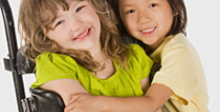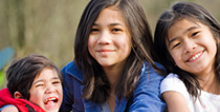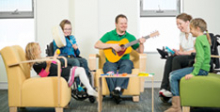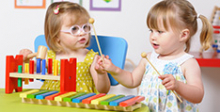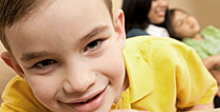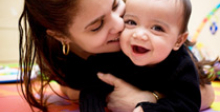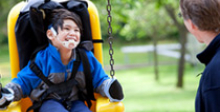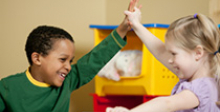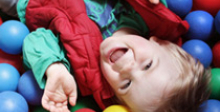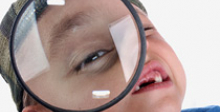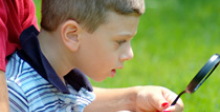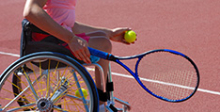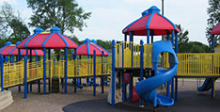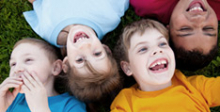Internal mini form
Contact Us Today
The ability to connect with others helps people build important relationships with friends and family members, but having refined social skills is also important in education and work settings. The practice of socialization can be a difficult one if a person is self-conscious about his or her ability to communicate, but it’s one that will open doors to a life of interacting with others.
Ways to improve socialization skills
Parents or teachers can consult a behavioral therapist when a child becomes withdrawn, can’t express their emotions, or is having a difficult time being accepted at school. Behavioral therapists employ creative methods of building self-esteem and confidence, which help a child overcome adverse situations.
After evaluating the child, the therapist may recommend a variety of supports – such as a mentor or buddy program, playgroups, support groups, inclusion opportunities, and activities – to optimize interaction opportunities. A behavioral therapist can also train caregivers to encourage acceptance when out in the public and amongst groups.
When socializing, caregivers are encouraged to look for opportunities to engage the child. Seek opportunities to teach something new. Use laughter, growth opportunities, learnings, sharing, engaging and encouragement to help children overcome difficult situations and barriers. Build self-esteem, respect and include the child in conversations and activities. Allow the child to experiment and explore the environment with his or her senses.
Socialization can occur in the home, play yard, out in the community, at school and even during therapy sessions. It is human nature to want to talk, share, and experience with others. Support groups offer these opportunities amongst groups of individuals with a common challenge.
- Acceptance of others
- Communication skills
- Community adjustment
- Cooperative skills
- Creative expression
- Emotional development
- Happiness
- Independence
- Judgement
- Language skills
- Leadership abilities
- Mental strength
- Personal growth and development
- Problem solving
- Self-advocacy skills
- Self-confidence
- Self-expression
- Tolerance
- Activities with friends and family
- Arenas
- Beaches
- Boys and girls clubs
- Buddy programs
- Childcare and daycare experiences
- Community programs
- Concerts
- Church
- Crafts
- Library programs
- Local parks and recreation
- Mall activities
- Mentoring organizations
- Museums
- Neighborhood gathering
- Parks and recreation programs
- Play and support groups
- Play therapy
- Plays
- School-related activities
- Sports
- Summer camp
- Support groups
- Therapy
- YMCA and YWCA

Associative conditions
Cerebral Palsy affects muscle tone, gross and fine motor functions, balance, coordination, and posture. These conditions are mainly orthopedic in nature and are considered primary conditions of Cerebral Palsy. There are associative conditions, like seizures and intellectual impairment that are common in individuals with Cerebral Palsy. And, there are co-mitigating factors that co-exist with Cerebral Palsy, but are unrelated to it. Understanding conditions commonly associated with Cerebral Palsy will enhance your ability to manage your child’s unique health concerns.
Associative Conditions
Common associative conditions
Click on a condition listed below to learn more.


